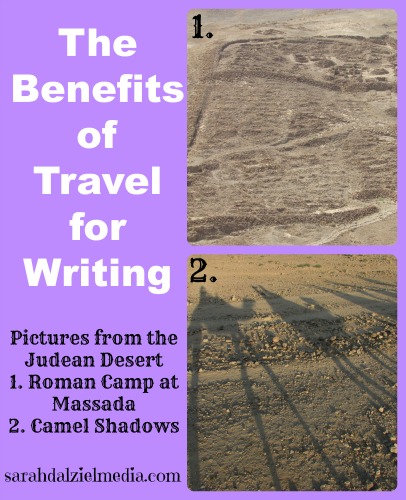Travel and reading are the two main ways that you can build a well of experience to incorporate in your writing. Travel is expensive, and thus reading usually becomes the number one recommended exercise for people who want to be successful writers. You have probably heard the saying that “Writers are Readers.”
You fall in love with stories because of reading, with words because of reading, and with characters, worlds, and dreams through reading. Most writers, were readers first. Childhood stories, igniting imaginations and eventually blossoming out into words on a page, these stories create readers who now craft their own.
Even fifty years ago, travel was not as effective, efficient, or enjoyable as it is today. A hundred years ago, travel was still awkward. And a two hundred years ago, travel took weeks or months. The writers of the past were readers by necessity, because it was only through reading that they had reliable and cost effective access to information, different cultures, and different scenes.
Today, that scene is changed. Travel is fast and easy, if a bit cost prohibitive. Many people travel to more than one foreign country in their life (sorry Americans, Canada doesn’t count), while the addition of a “gap year” after highschool makes young adults even more likely to travel than previously.
What Does This Mean?
Writers no longer have to be readers by necessity. Travel is available, and travellers can end up being the best writers for a very simple reason. They personally see cultures, locations, and if they learn anything it is that every culture thinks differently. This experiential knowledge gives travellers a mighty well of information, anecdotes, and angles to draw on in their writing.
If you’ve never walked in a desert under the noon sun, you may well describe a desert day as blistering hot, and the nights as chill and cold. But, you might miss the dry breeze that, at intervals, whistles over the desert, drying sweat, and making the heat that bit more bearable.
If you’ve never sweated up a mountain hike, you may describe it as challenging, with breath coming in gasps. But you might miss the burning ache forming in your main character’s calves, the tension gripping the arch of their foot, and the throbbing coming from the back of their thigh. Not to mention the frequent slips in a mud slicked path, and the jagged and loose rocks that threaten to send them skittering down to the bottom of the mountain faster than they climbed up, and minus a good bit of skin.
Travel works alongside the age old writing adage, “write what you know.” I live in the mountains, and can write about mountains, pine forests, and even deciduous forests since I’ve dwelt near some of those too. As I’ve been to the desert, I have a slight idea of what desert dwelling might be like, and could convincingly describe it. However, I have never dwelt in the Artic, or on the sea, so my descriptions of that could easily be skewed.
Reading, enables you to somewhat gain a knowledge of areas you haven’t seen. But, if the person you are reading is off in their information, you may not realize it.
Getting The Best Benefits of Your Travel:
Travel is fun, exciting, and provides unique experiences to draw on later, if you can remember them. This is why I would say that a travel journal is essential. 
A travel journal is a lot like a regular journal, except, instead of writing down thoughts or how your day went. You write down experiences, describe unique scenes you saw, and focus on what might be helpful for writing your favorite genre.
Language: Learn something of the language of any country and culture that you travel to. Language is one of the heartbeats of culture, and what a language says, or doesn’t, can give you some unique insights into their values and traditions. Both of which can also provide a wealth of interesting snippets for written scenarios.
Talk To People: If you prefer writing an email to phoning, you are probably a lot like me. An introvert who masquerades as an extrovert thanks to the impenetrability of a wall of written words. But, travel is an awesome chance to meet amazing people, every one of whom has an interesting story (if you can start a conversation).
Seat mates on plans are good opportunities, as do the people in the airport waiting areas. Night flights and night or evening waiting in the airport can also provide good opportunity for chatting. Sometimes you can find a fellow passenger who is aiming for the same flight that you are and doesn’t want to fall asleep either. These are the best for interesting conversations.
Of course, long hours of traveling can lead to the writer’s favorite thing. Hours to write, or read without guilt!
If you are like me and cannot write when there are people around, then reading on plane flights and in waiting areas, is just as useful as talking. Waiting areas, planes, and other places with lots of people are also awesome for that “all writer” habit of people watching and speculating. Analyze movements, listen to other conversations. How do people move, glance around, what are their hands doing when they are talking with strangers, and what words are they using in their conversation?
Writing interesting characters is always helped by meeting them too.
Back To You:
Travel, Reading, or Both? Which do you think is most beneficial for writers to engage in? I prefer both, but that’s just me!
Leave a comment, I greatly enjoy hearing from you!

Leave a Reply